- Maritime Lawyer
- Houston Maritime Lawyers
- Maritime Workers Rights
- Maritime FAQ
- Disputes with Maritime Leaders
- Maritime Companies
- Maritime Employers Lawsuit
- American Offshore Accident Lawyers
- Texas Maritime Injury Lawyers
- Louisiana Maritime Accident Lawyers
- Mississippi Maritime Accident Lawyers
- Alabama Maritime Accident Lawyers
- Florida Maritime Accident Lawyer
- New York Maritime Accident Lawyers
- California Maritime Accident Lawyer
- Alaska Maritime Injury Lawyers
- International Maritime Lawyers
Maritime Workers Rights
Protecting Maritime Workers’ Rights in Houston
Injured on the Job? Maritime Workers Lawyers are Here to Help
Our Lawyers at Doyle Dennis Avery LLP will help you understand your Maritime Workers Rights.
Maritime workers are granted some basic rights for compensation after on the job injuries. Some of the most relevant rights and acts are listed below. These only serve as a brief guide. To get an extensive review and explanation of your relevant rights please contact an experienced maritime attorney.
Benefits of Working with a maritime lawyer at Doyle Dennis Avery LLP
Maritime law is complex and companies aggressively defend claims. You need trial lawyers who:
- Understand maritime laws & regulations
- Have extensive courtroom experience
- Know company defense tactics
- Will take cases to trial if needed
- Have a record of successful verdicts
Our Track Record Fighting for Maritime Workers
The trial lawyers at Doyle Dennis Avery LLP have:
- Decades of maritime law experience
- Hundreds of millions recovered
- Record-setting maritime verdicts
- History of beating major companies
- Resources to handle biggest cases
Key Maritime Rights & Laws We Handle
Maintenance and Cure
Every seaman injured while working aboard a vessel has the absolute right to maintenance and cure benefits, regardless of fault. This includes:
- Daily living expenses (maintenance)
- Medical treatment until maximum medical improvement (cure)
- No requirement to prove employer negligence
- Immediate entitlement to benefits
Jones Act Claims
The Jones Act provides powerful legal rights to seamen injured by negligence, including:
- Right to sue employer for unsafe conditions
- Very favorable burden of proof (“featherweight” causation)
- Full compensation for all damages
- Right to jury trial
- Choice of state or federal court
Unseaworthiness Claims
Vessel owners have an absolute duty to provide a seaworthy vessel, including:
- Properly maintained equipment
- Adequate safety gear
- Competent crew
- Safe work methods
- Proper manning levels
Longshore & Harbor Workers’ Compensation Act
The LHWCA protects maritime workers injured on docks, terminals, shipyards and other areas:
- Medical benefits
- Disability compensation
- Vocational rehabilitation
- Death benefits
- Third party claims allowed
No Recovery, No Fee
- Free initial consultation
- No upfront costs
- Only paid if you win
Your Rights After a Maritime Injury
Right to Choose Your Doctor
- Not required to use company doctors
- Can select your own treating physicians
- Right to second medical opinions
- Access to specialists as needed
Right to Refuse Recorded Statements
- No obligation to give recorded statement
- Right to consult attorney first
- Protection against manipulation
- Preservation of legal rights
Right to Reject Inadequate Settlements
- No requirement to accept first offer
- Right to full compensation
- Protection against pressure tactics
- Independent evaluation of claim value
Types of Maritime Cases We Take to Trial
Vessel Accidents
- Collisions between vessels
- Groundings and allisions
- Equipment failures
- Fires and explosions
- Capsizing incidents
Dock and Terminal Accidents
- Crane accidents
- Container handling incidents
- Loading/unloading accidents
- Slip and falls
- Equipment malfunctions
Offshore Accidents
- Platform accidents
- Transfer vessel incidents
- Helicopter accidents
- Diving accidents
- Weather-related incidents
Chemical and Toxic Exposure
- Oil spills
- Chemical burns
- Toxic fume exposure
- Asbestos exposure
- Other hazardous materials
Federal Maritime Laws We Use to Protect Workers
Death on High Seas Act
Provides compensation when maritime workers are killed beyond territorial waters
Outer Continental Shelf Lands Act
Protects workers on offshore oil & gas facilities
Public Vessels Act
Allows claims against government vessels
Admiralty Extension Act
Covers injuries on docks and piers
Limitation of Liability Act
We fight vessel owners’ attempts to limit responsibility
Next Steps After a Maritime Injury
- Get Medical Care
- Your health comes first
- Document all treatment
- Keep medical records
- Report the Incident
- Notify supervisors
- Document conditions
- Get witness information
- Preserve evidence
- Know Your Rights
- Don’t give statements
- Don’t sign documents
- Don’t accept quick offers
- Contact Maritime Trial Lawyers
- Free consultation
- Evaluate your rights
- Protect your interests
- Start investigation
Maritime Workers’ Rights Related Videos
Contact Experienced Maritime Trial Lawyers
The maritime trial lawyers at Doyle Dennis Avery LLP have the experience, resources and determination to fight for your rights and maximum compensation. Contact us today for a free consultation about your maritime injury case.





